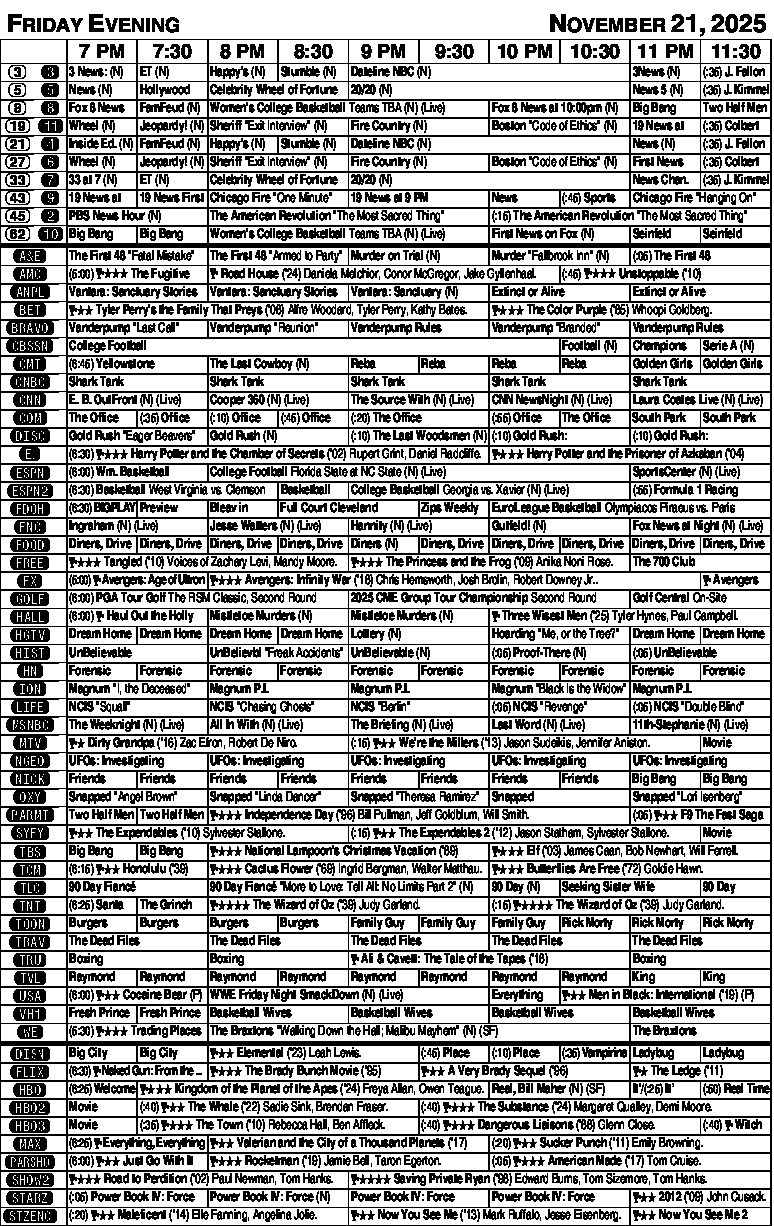Has flu season started yet?
How bad will this year’s flu season be in the United States? At the moment, we have no answer to that important question. That’s because the Center for Disease Control and Prevention’s Influenza Surveillance System seems to be stalled. As we write this in November, the most recent update on influenza is from Sept. 20, 2025. Even that is really from early September because the CDC’s data collection system is usually a week or two behind.
We fear that this lack of information could catch public health officials unprepared. If we are faced with an especially bad flu season, how will clinics and hospitals respond?
One reason that we’re concerned that this year’s influenza season could be especially worrisome is the situation in Japan. Preliminary reports suggest that infections took off earlier than usual in the fall and are more severe. Health authorities there have declared a flu epidemic based on the number of cases. There have been more than 2,000 partial or complete school closures.
In Korea, influenza cases are three times higher than they were last year. The Korean Disease Control and Prevention Agency (KDCA) states that “This season’s flu outbreak started about two months earlier than last year. We believe there is a possibility that influenza will spread as widely as it did last winter.”
None of this should come as a surprise. The southern hemisphere often predicts how influenza will behave six months later in the northern hemisphere. Australia suffered a severe flu season while we were enjoying summer weather.
The Australian Broadcasting Corporation reported that Western Australia experienced the worst influenza season since records began in 2001.
Not only did the season begin early and affect a lot more people than usual, but it also continued well past its usual stopping time.
Because the CDC has been hamstrung by the government shutdown, Americans have no way of knowing what is happening with the flu.
Officials there predicted that it would be a moderate flu season because last year was severe. Back-to-back bad influenza outbreaks are theoretically rare. But the Australian, Japanese and Korean experiences challenge that narrative.
Should people get their flu shots sooner rather than later? Normally, the CDC would be able to advise Americans about the best timing for vaccination. This year, however, the agency has not been able to do that. The decision is up to each individual in consultation with their health care provider.
We have been critical of flu shots in the past because they rarely provide more than about 40% protection from infection.
But new research suggests that respiratory diseases like influenza and RSV harm not only the lungs but also the cardiovascular system. Such viral infections increase the likelihood that people will suffer coronary heart disease, heart attacks or strokes (JAHA, Oct. 29, 2025).
A meta-analysis of randomized influenza vaccine trials published in the American Journal of Medicine (May 20, 2023) found that “Influenza vaccine is a cheap and effective intervention to reduce the risk for all-cause mortality, cardiovascular mortality, major acute cardiovascular events, and acute coronary syndrome among coronary artery disease patients, especially in those with acute coronary syndrome.”
In their column, Joe and Teresa Graedon answer letters from readers. Write to them in care of King Features, 300 W. 57th Street, 41st Floor, New York, NY 10019, or email them via their website: www.PeoplesPharmacy.com. Their newest book is “Top Screwups Doctors Make and How to Avoid Them.”


